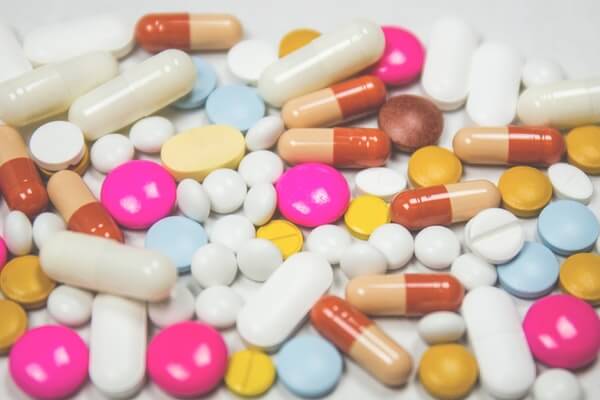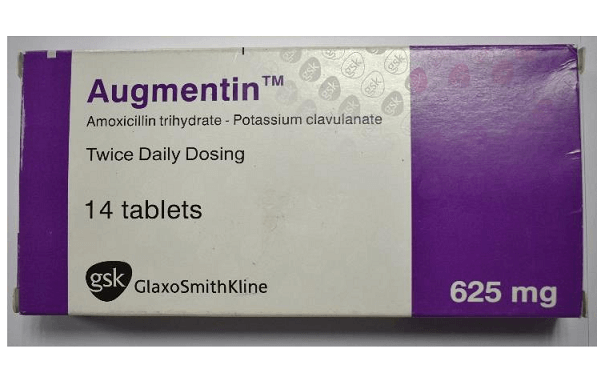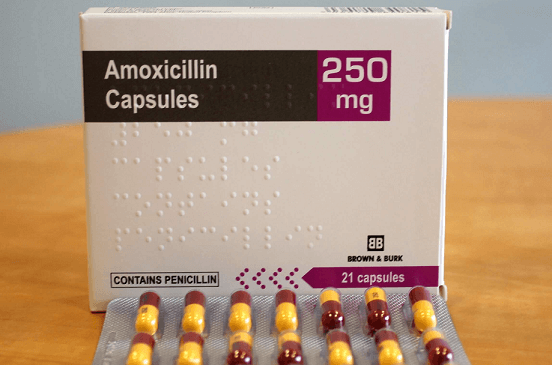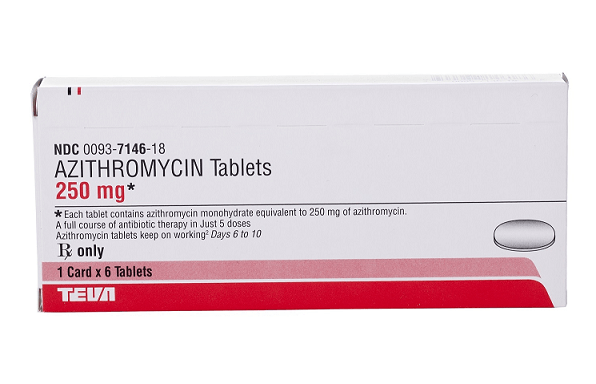What are the best malaria tablets in Nigeria? It might be difficult to answer this question considering the number of tablets available from different brands.
Malaria is a life-threatening disease that may be mild or serious depending on a person’s immunity levels. While it is not common in the Western world, it is quite prevalent in Nigeria and other parts of Sub-Saharan Africa. Usually, malaria results from bites from the female anopheles mosquito, which carries the malaria parasite.
Malaria can be treated using tablets or injections. This post will focus on showing you the best malaria tablets in Nigeria. Let’s get started.

Best Malaria Tablets in Nigeria
Antimalarial drugs kill the parasite that has affected a person’s red blood cells. There are different types of malaria tablets and they work differently since they have varying structures. You should note that aside from treating malaria, these drugs can also be used to treat other diseases, such as systemic lupus erythematosus, rheumatoid arthritis, and pneumocystis carinii pneumonia.
Below is a list of the best malaria tablets in Nigeria by brand and generic name:
- Tafenoquine
- Quinine
- Quinidine gluconate
- Quinidine
- Quinidex
- Quinaglute
- Qualaquin
- Pyrimethamine-sulfadoxine
- Pyrimethamine/sulfadoxine
- Pyrimethamine
- Proguanil
- Primaquine
- Plaquenil
- Paludrine
- Mepron
- Mefloquine
- Malarone
- Krintafel
- Hydroxychloroquine sulfate
- Fansidar
- Daraprim
- Coartem
- Chloroquine phosphate
- Chloroquine
- Atovaquone/proguanil
- Atovaquone
- Artesunate
- Artemether/lumefantrine
- Arakoda
These are some of the malaria tablets available in Nigeria currently. You can buy any of them from a pharmacy around you. However, we suggest that you do not self-medicate. Instead, visit a doctor when you feel like you have malaria symptoms before taking any of these tablets.
Side Effects of Antimalarial Drugs
Are there any side effects of antimalarial drugs? Yes, all the drugs mentioned above have their side effects. Of course, you may not experience any of these side effects. However, if you do, we suggest you immediately stop taking the drugs and contact your doctor to make a complaint.
That being said, below is a list of possible side effects you can experience from taking antimalarial drugs:
- Abdominal pain
- Acute respiratory distress syndrome
- Anaphylaxis (life-threatening allergic reactions)
- Anemia (low red blood cells)
- Anorexia (eating disorder)
- Anxiety
- Arrhythmias (irregular heartbeats)
- Breathlessness
- Changes in blood sugar
- Chest pain
- Cough
- Diarrhea
- Difficulty concentrating
- Dizziness
- Electrolyte imbalance
- Elevated creatinine
- Elevated liver enzymes
- Erythema multiforme (auto-immune skin reaction resulting from the medicine)
- Eye disorders
- Fatigue
- Fever and chills
- Headache
- Heart block
- Insomnia (sleeping disorder)
- Jaundice
- Kidney failure
- Liver failure
- Malaise (feeling of discomfort)
- Muscular pain (Myalgia)
- Nausea and vomiting
- Pancreatitis (inflammation and swelling of the pancreas)
- Photosensitivity (sunburn or rash resulting from exposure to UV rays from sunlight)
- Pneumonia
- Seizures
- Skin rash and itching
- Stevens-Johnson syndrome (severe skin reaction resulting from damage to the skin and mucous membranes)
- Suicidal ideation
- Thrombocytopenia (low platelets)
- Visual disturbances
Again, if you notice any of these side effects, stop using the drug, and complain to your doctor immediately.
Symptoms of Malaria
Do you know that you begin to experience malaria symptoms between 10 and 15 days after a female anopheles mosquito bites you? By now, you must be wondering what symptoms to watch out for to know that you have malaria. Here are some of the most common malaria symptoms:
- Being very tired (fatigue)
- Bloody stools
- Body aches
- Confusion
- Convulsions
- Diarrhea
- Headache
- High fever
- Kidney failure
- Nausea or vomiting
- Seizure
- Shaking chills
- Sweating
- Yellow skin (jaundice)
Many times, the symptoms are similar to what you will experience with a common cold. However, these symptoms can get serious very quickly. Once you notice that they are getting out of hand, you should immediately seek medical attention. Rather than self-medicate, a better option is to go to a hospital and carry the necessary tests to be sure that you have malaria and not something else.
Classes of Antimalarial Drugs and their Functions
As mentioned earlier, malaria tablets differ in structure and performance. In this section, we will show you the broad classes of antimalarial drugs and the functions they carry out.
Artesunate
This category of malaria drugs contains an endoperoxide bridge that is activated by heme iron. This results in oxidative stress while inhibiting nucleic acid and protein synthesis. It also causes ultrastructural changes while reducing the growth of the parasite and its chances of survival in the human system.
Chloroquine
This class of antimalarial drugs acts against the erythrocytic forms of plasmodium. Despite being in use for several decades, it is interesting to note that the exact mechanism of action of chloroquine is still unknown.
Hydroxychloroquine sulfate
Similar to chloroquine, the action that this class of antimalarial drug takes on plasmodium is yet to be figured out. What we know is that hydroxychloroquine sulfate is a weak base. Because of this, it is likely to affect the parasite’s acid vesicles as well as inhibit the heme’s polymerization. Finally, this drug has the capacity to inhibit several essential enzymes.
Mefloquine
This is a structural analog of quinine. It is another drug and its exact mechanism of operation is yet to be discovered. However, it is known that this drug kills the schizonts in the bloodstream. The drug is also likely to increase the parasites’ intravesicular pH.
Atovaquone
This drug acts to inhibit the cytochrome bc1 complex’s electron transport chain. It also works on the plasmodium to collapse the mitochondrial membrane.
Artemether/lumefantrine
This drug inhibits protein and nucleic acid synthesis. It also inhibits the parasite by affecting the formation of beta-hematin or the presence of endoperoxide.
Atovaquone/proguanil
Similar to atovaquone, this drug collapses mitochondria and disrupts electron transport. The proguanil inhibits the enzyme known as dihydrofolate reductase, which is essential for the parasite’s reproduction.
Some of the other classes of antimalarial drugs include:
- Primaquine
- Pyrimethamine
- Quinidine
- Tafenoquine
- Quinine
Conclusion
That’s it for the best malaria tablets in Nigeria. Note that there are so many drugs on the market, but we have chosen the names in this post based on popularity, quality, and customer reviews. This post has also shown you the side effects of malaria drugs, the classes of malaria drugs, and the symptoms of malaria.





